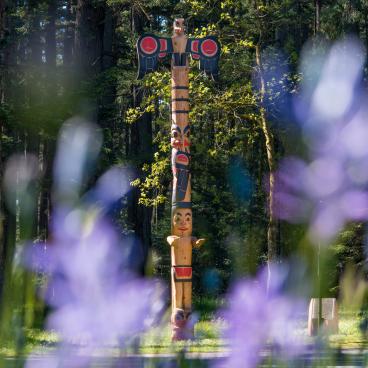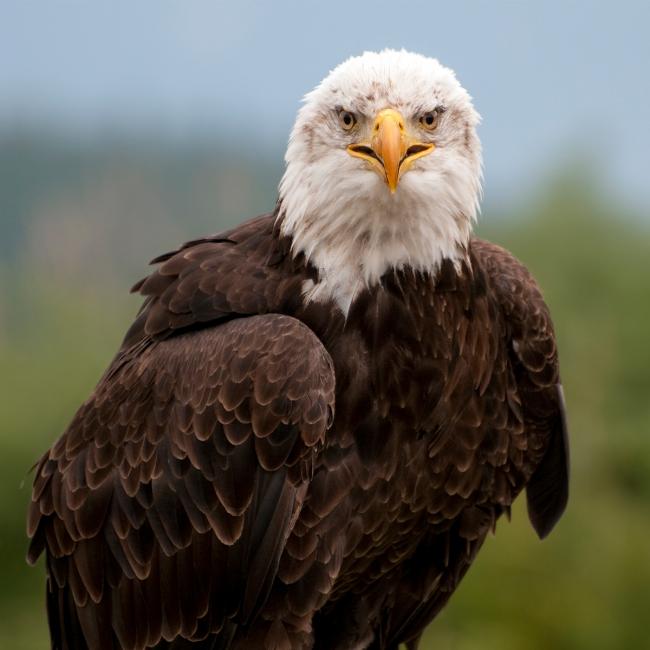
Story of this website
The structure of this website is guided by the Traditional Knowledge shared in the Four Feathers Writing Guide, in particular, the four Traditional stages of learning shared by Elder Shirley Alphonse, who is from Hul’q’umi’num People of Cowichan Nation and is a spiritual leader of the T’Sou-ke Nation, and SC’IÁNEW̱ Nation Elder Nadine Charles.
We acknowledge with gratitude the Traditional Knowledge shared in the Four Feathers Writing Guide. We additionally obtained permission to weave the Traditional stages of learning shared in the Four Feathers Writing Guide into the structure of this website. The ownership of the Traditional Knowledge remains in perpetuity with the appropriate Nation; accordingly, the information should not be re-used without explicit permission.
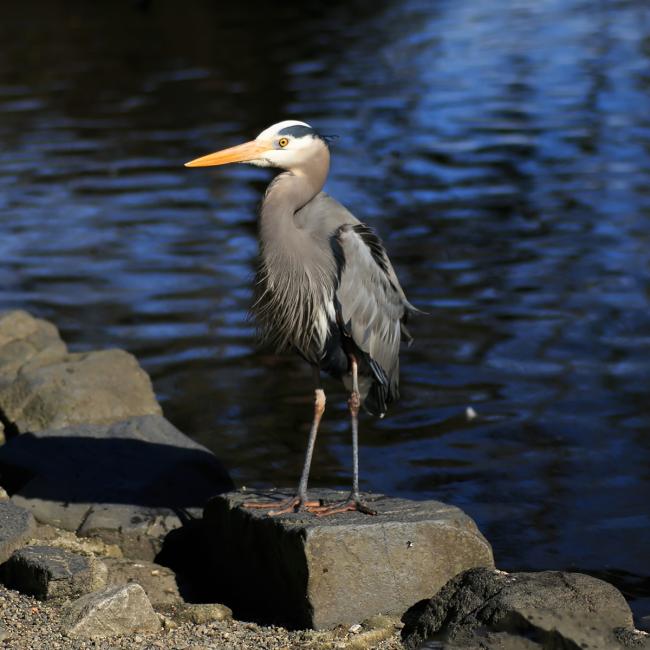
Meet the Writing Centre
Are you new to academic writing? Is it a skill you haven’t practiced since you were last in school? You probably have questions, and we're here to help. The Writing Centre can assist you to become a skillful writer by providing information, resources, and one-on-one support for all types of academic writing.
Whether you're writing your first essay at RRU or completing your major project, thesis, or dissertation, we're here to support you. Our goal is to provide friendly, inclusive, and empowering support that will help you reach your writing goals. Learn more about who we are, what we do, and how we can help you build skills and confidence.
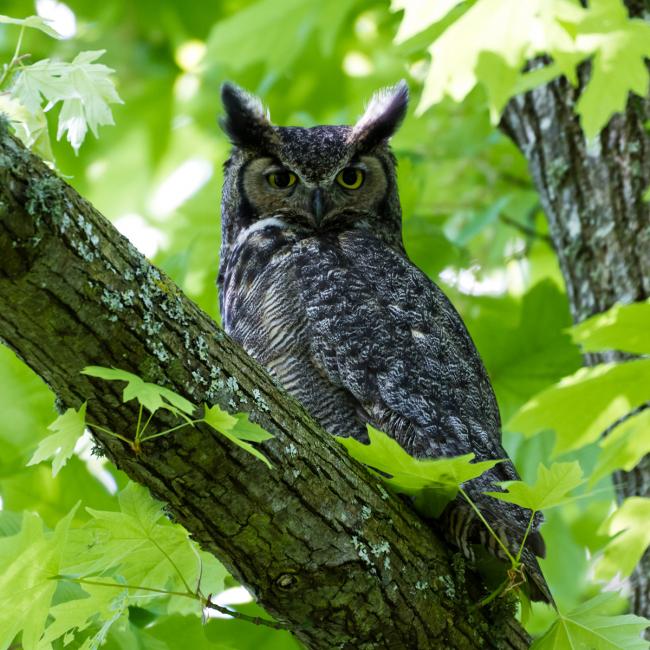
Writing resources
The Writing Centre website is an open resource that is available to all visitors. You’ll find resources and information to help you at any stage of learning.
Each section of the site provides a narrative that tells the story of that page and poses some guiding questions. Click "Start your writing journey," look for the questions you’re asking, and start exploring!
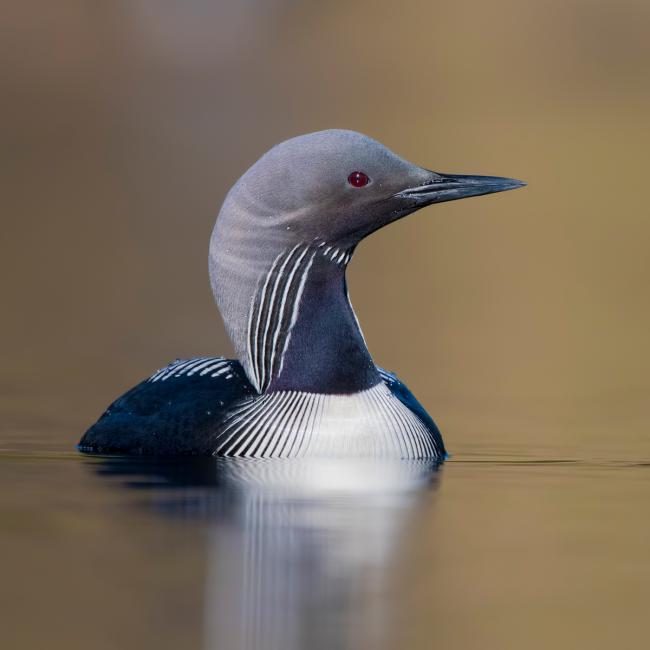
Writing Centre services
If you're a RRU student, you can access extensive online resources, individual appointments, and answers to your writing questions.
Land acknowledgement
Royal Roads acknowledges the campus is located on the traditional Lands of the Lekwungen-speaking peoples, the Songhees and Esquimalt Nations.
